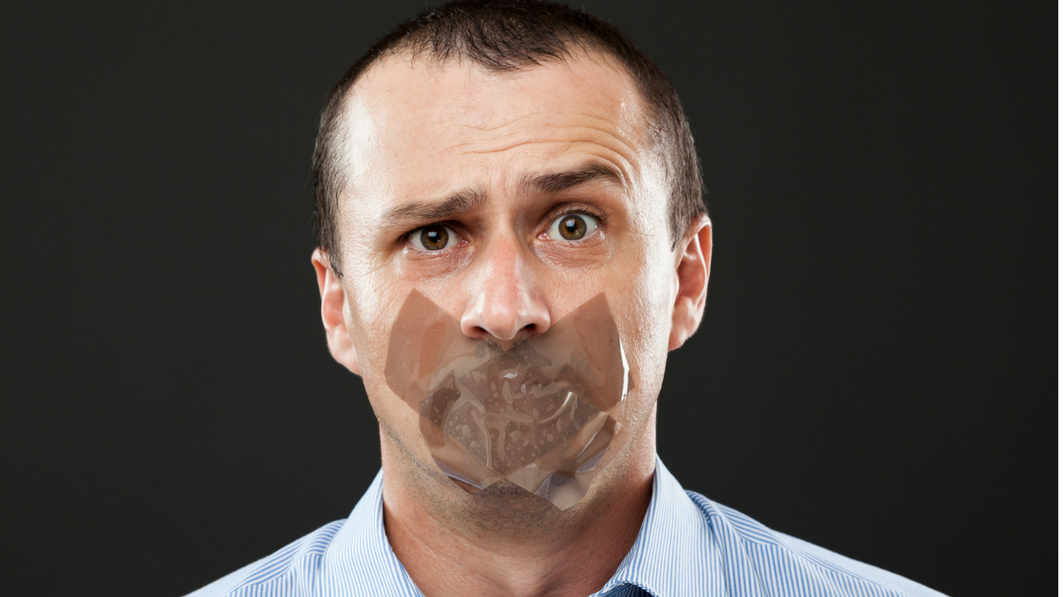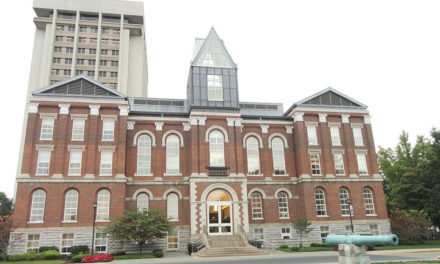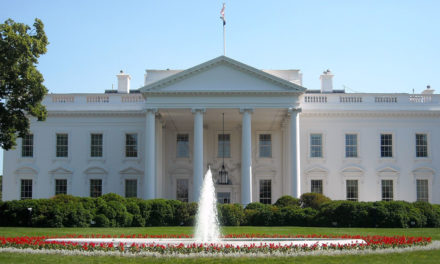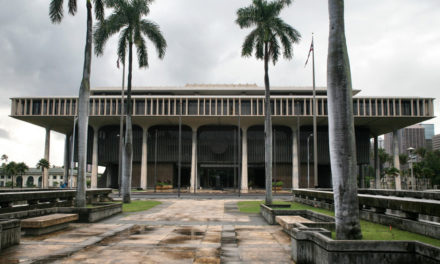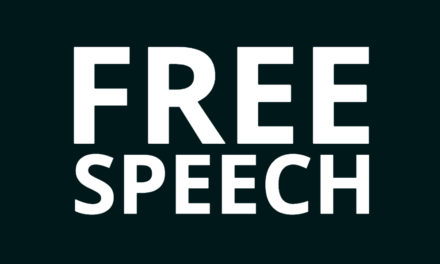The Free Speech Clause of the First Amendment may prohibit the government from “abridging the freedom of speech,” but we’ve already learned in a previous article, “What is Free Speech?”, that there are certain exceptions where speech can be prohibited or restricted. Those include: libel/slander, obscenity, fighting words, etc, plus the government can impose reasonable “time, place and manner” restrictions on speech.
But what happens when the government abuses those powers in order to suppress speech it doesn’t like? When does it “cross the line?” Can we clearly discern those lines? What exactly is “censorship” and where is it being misused by government?
Censorship defined
“Censorship” is defined as “the suppression, banning, or deletion of speech, writing, or images that are considered to be indecent, obscene, or otherwise objectionable.” It can serve a social good, such as preventing the distribution of child pornography. Or it can cross a constitutional line and be used by government to suppress or silence particular views – political, moral, theological, etc., – with which it disagrees. It is this latter use that pits an increasingly secular worldview of various government actors against a Christian worldview that has dominated American life for the first several centuries of its existence, going back to the early settlers of Massachusetts and Virginia.
So who are today’s government censors?
Public schools and universities
Educational institutions owned and run by the local, state or federal government are prohibited by the Free Speech Clause from “abridging the freedom of speech.” Academia today is dominated by educators and administrators with a secular worldview and a low tolerance for dissenting views, especially conservative, Christian, and pro-life views. Because primarily one worldview (secular) is acceptable in most public classrooms and on most campuses, many of those same public schools and universities have instituted a number of unconstitutional barriers to speech that affect primarily those who disagree with what is being taught and wish to express different points of view. Speech codes, speech zones, security fees for outside speakers, and de-recognizing or defunding student clubs, for example, are an ongoing problem, even though they are almost always struck down by the courts.
Because censorship on the nation’s campuses is an ongoing problem, several legal and other non-profit organizations exist to come to the aid of those whose free speech rights have been censored.
Government employers
Government employees might assume that what they say during their free time away from work would be immune from government disapproval, but that’s proven not to be the case. Take the case of Fire Chief Kelvin Cochran, hired as Atlanta’s fire chief after a stellar career track record. Following his hiring, the Atlanta City Council learned that Cochran had written a book about biblical sexuality which contained basic Christian doctrine about sexual immorality, including homosexual acts. Cochran was terminated for his religious views, and although eventually vindicated in court with a finding of wrongful termination, the judge specifically found that the City did not violate Cochran’s free speech or religious rights!
Government censorship of businesses
Governments wield a heavy hand in the marketplace, and they can legitimately regulate much of what happens there, usually based on the reasonable premise that consumers must be protected. But recent examples illustrate how this authority can be abused:
- Washington, D.C. controls and sells advertising space on the city’s buses and subway. It recently rejected an ad campaign from the Catholic Church that promoted “Find the Perfect Gift” at Christmas, while including images of stars, shepherds and sheep. The City’s decision to ban the ad was based solely on its “religious” content, which is unconstitutional under the First Amendment. The dispute is now in court.
- The City of East Lansing, Michigan, hosts a farmers’ market on a regular basis on city property. Steve Tennes, a local farmer who lived outside of town, brought fruit from his orchard to sell at these markets. That is, until the City learned that Tennes and his wife, both Christians, had responded in the negative to a hypothetical question on their Facebook page a couple years prior as to whether they would ever host a same-sex wedding on their farm. The city banned the couple from participating in its farmers’ market. The City’s action was later blocked by a judge who recognized the free speech principles involved.
- California ordered a nursing educator group to “cease and desist” from telling nurses about the ability to halt a chemical abortion through the abortion pill reversal protocol. After an appeal, the state reversed itself, but continues to explore new regulations to prevent the nursing group from providing education about this topic.
- The Internal Revenue Service was caught up in a scandal that surfaced in 2013 when applications from conservative non-profit organizations for 501(c)(3) charitable status were subject to delays, government investigations, and harassment, all in an apparent attempt to hinder or silence conservative speech in the years leading up to the 2012 national election.
Private, non-government censorship
An important word about private or non-government censorship is necessary here. Technically, only government entities must abide by the First Amendment’s free speech clause. The Framers of the Constitution were worried about a too-powerful sovereign like King George and his officials when they drafted the First Amendment, not private communication companies like Facebook, Twitter, and Google.
Yet the reality is that today, these private companies have the power to control much of the “speech” that Americans engage in every day, and they have been found to censor speech being used on their platforms, including what they term “hate speech” – which in some cases have proven to be code words for Christian speech on issues like marriage and homosexuality, for example. Congress is concerned enough about these companies’ activities with regard to speech that they have held hearings to understand exactly the extent of the censorship occurring. However, when violations by private companies occur, there’s not much the judicial system can do about it.
Conclusion
Censorship is always problematic when done for the wrong reasons, such as cutting off Christian views on social issues. Whether conducted by the government, or private communication companies, censorship not only prevents rational debate and honest disagreement from being aired, but serves to “chill” any further expression that might cause either government or private shutdown of the available channels for free speech.

